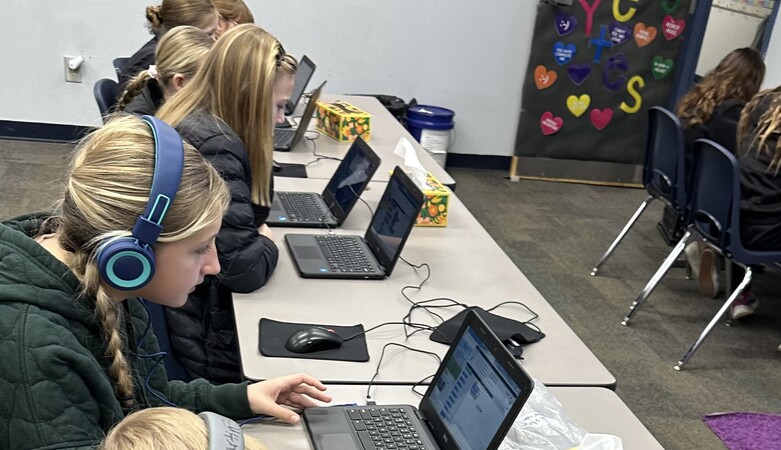Study Skills
Usually students want to do better in school but do not know where to begin. The Study Skills topics included in this website can help students with studying, test taking, time management, and setting goals. The information includes approaches and suggestions for students to improve in school. To look for help on other websites that contain study skills information, please click on the links below:
- www.studygs.net
- www.educationatlas.com/study-skills.html
- www.how-to-study.com
- www.infoplease.com/homework/studyskills1.html
Good Study Techniques
Study skills provide you with the ability to learn effectively and are fundamental to your success in developing your talents in communication, mathematical sciences, and reasoning. To develop the skills that you need for training/education after high school, here are some suggestions that may help you.
- Set aside a period of time to study, even on weekends, and always study during this time. If you have absolutely nothing to study or review, have a good book at hand to pick up and read, one that stretches your vocabulary and one that extends your present information.
- As you study, pace yourself; work 20-25 minutes, then take a short break. Try to increase the concentrated work period. Strive for 50 minutes before you take a 10-minute break.
- Teach yourself to increase your reading skills by practicing in a quiet place with no interruptions.
- Review as you read. If you find that your mind wandered and you really do not know what you have just read, reread those pages. Otherwise, ask yourself some questions about what you have read and answer your questions.
- Take notes in class but keep them short and to the point so that you can keep your mind on the teacher. Using your text or reference materials, fill in the notes later. Underline points emphasized in the lecture or written on the board. Abbreviate when possible.
- Do your hardest homework first. Efficiency drops sharply towards bedtime.
- Turn off the radio, stereo, and TV while studying.
- Make sure your study area is well lighted.
- Keep a dictionary handy and use it.
- Keep your homework up to date. Once you are behind, it is difficult to catch up.
- Notice summing-up paragraphs in textbooks and thoroughly learn them.
- REVIEW -REVIEW - REVIEW
Thinking, understanding, and problem-solving, not rote memorization, are the basis for post-secondary education. They require persistence, flexibility, experimentation, and concern for accuracy. Development of these skills should be your major goal throughout high school. It is important that you gain confidence in your abilities.









